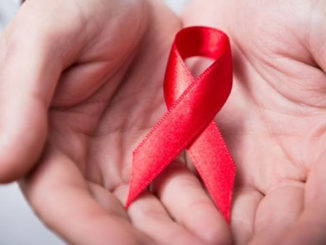Epigenetics and Diet May Determine Who Becomes Queen Bee
Swords and stones might determine royalty in England, but scientists discovered that in honeybees, the deciding factor may be epigenetics. A recent study suggests that histone modifications, including histone methylation and histone acetylation, could determine whether bee larvae develop into workers or a queen. Interestingly, the bees’ diet was found to influence these epigenetic marks. Diet can have a significant impact in human epigenetics, and could influence a person’s disease risk and mental ability. “Think of the genome as the [more…]











